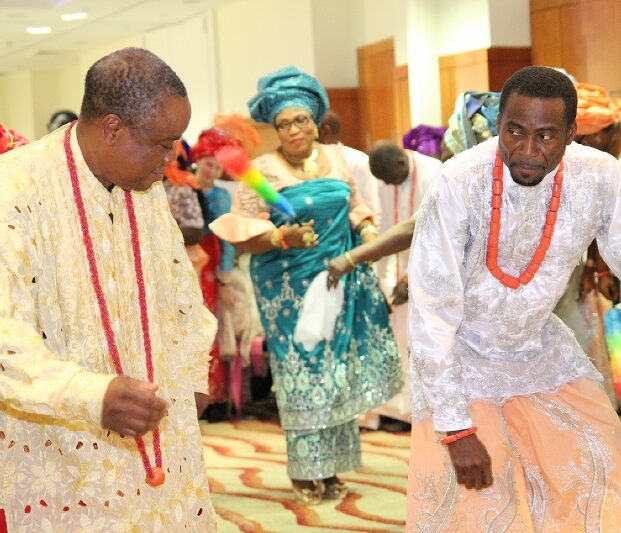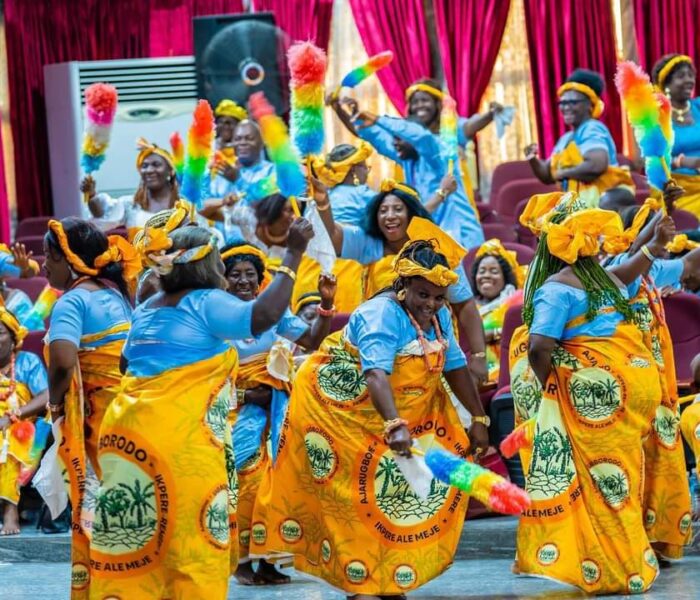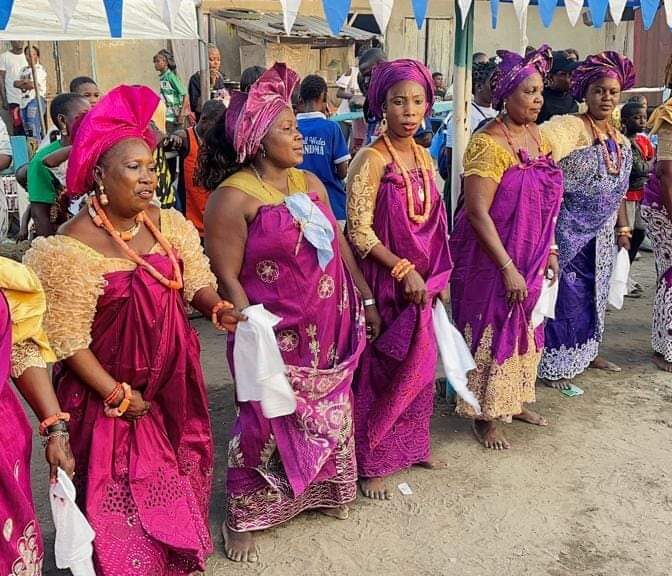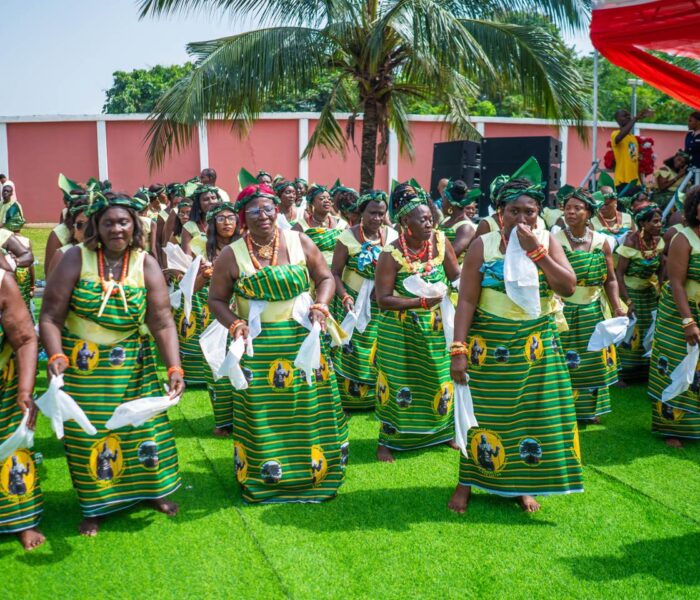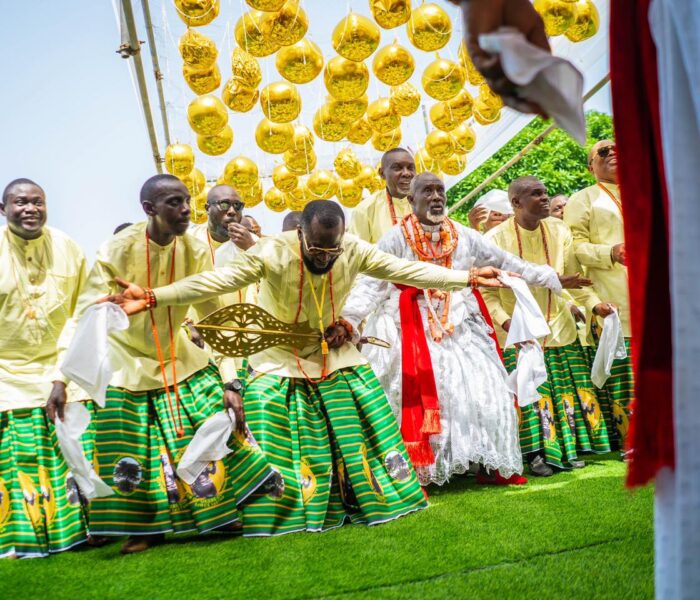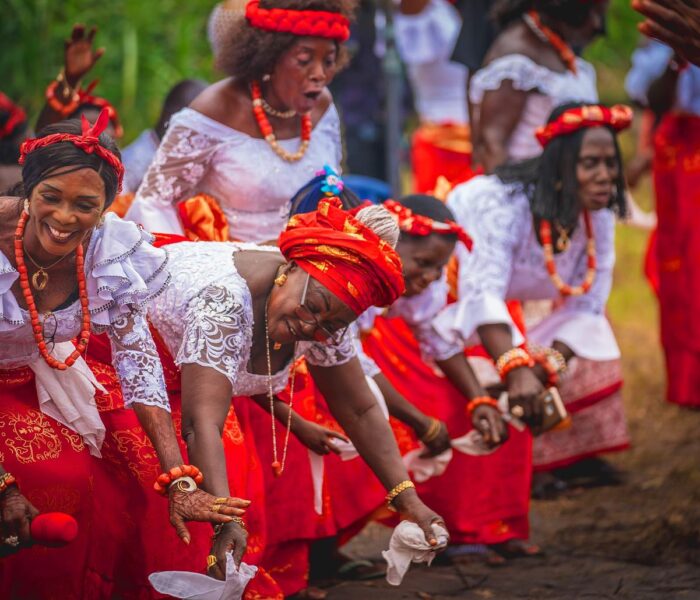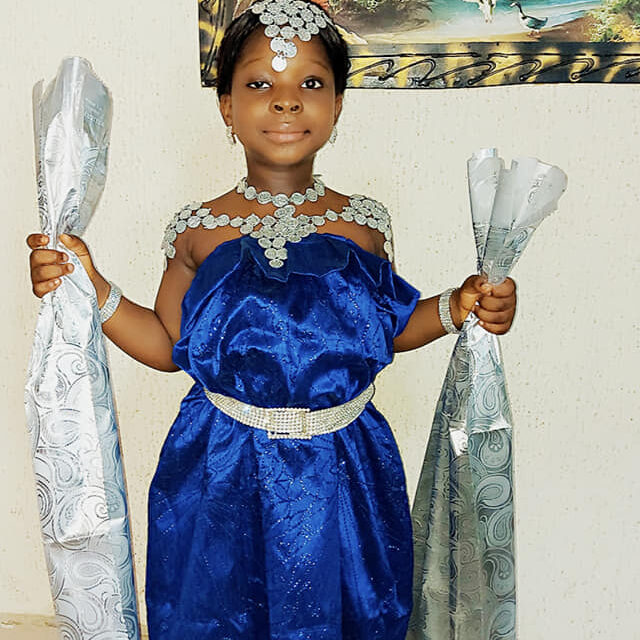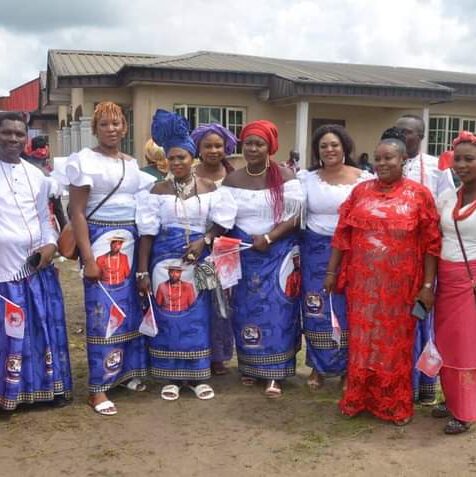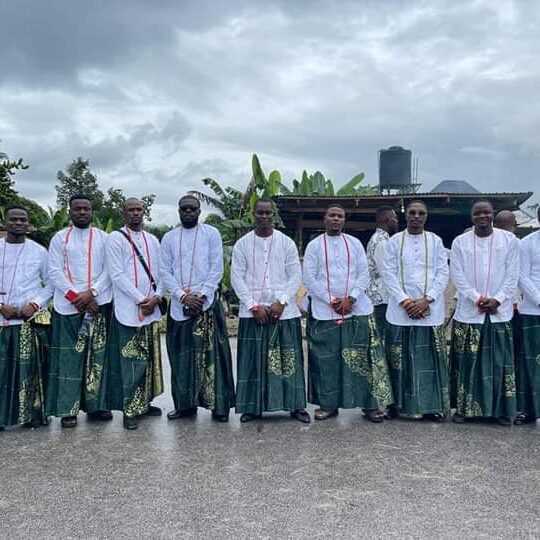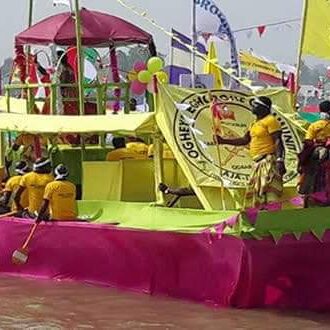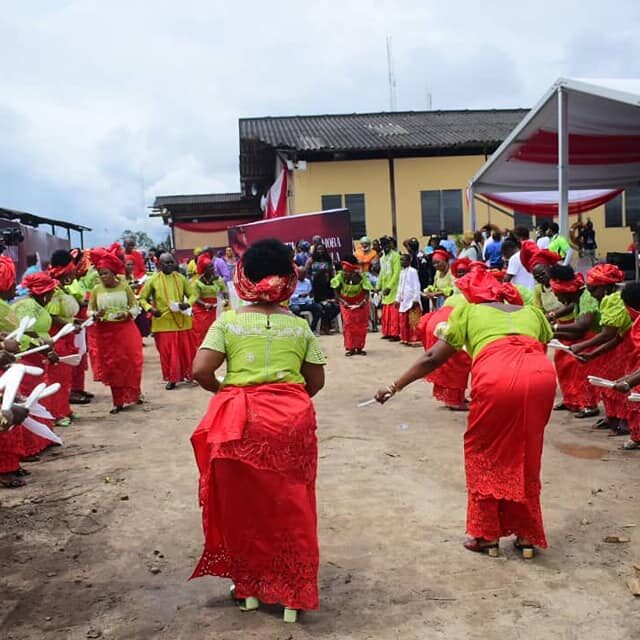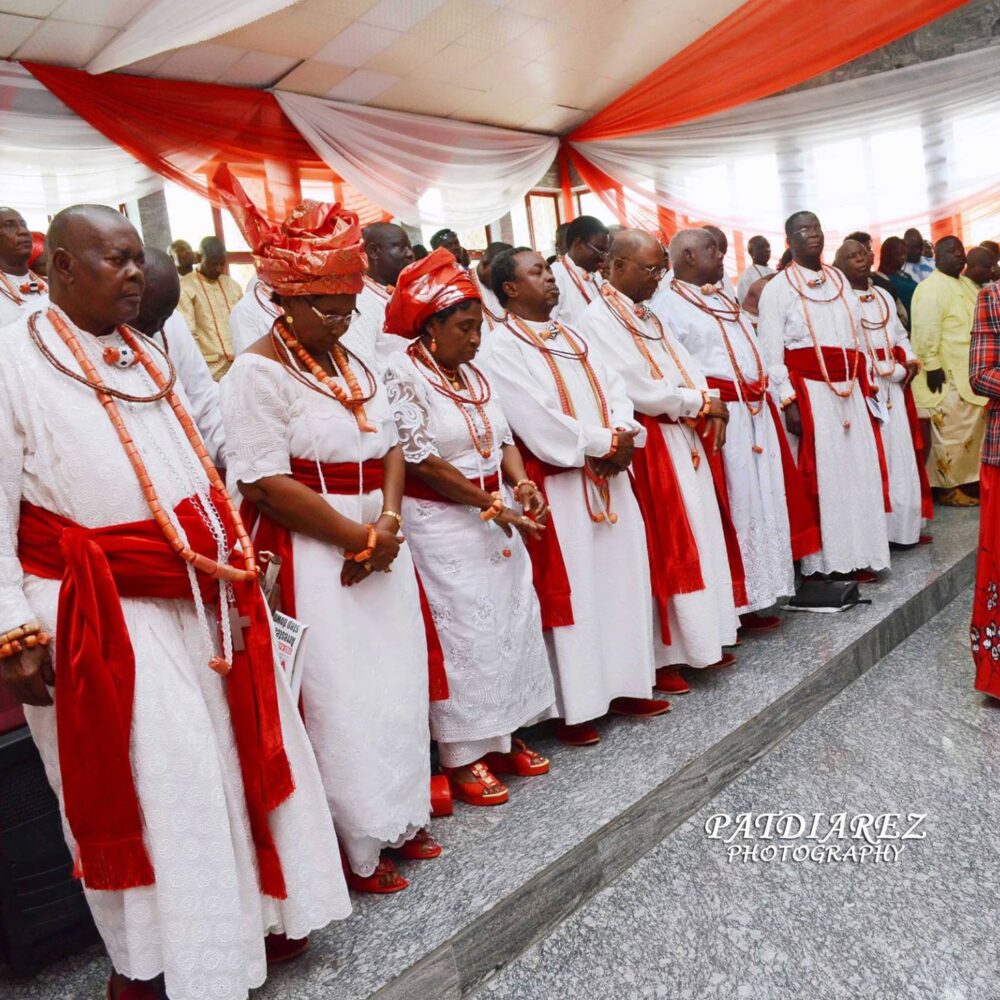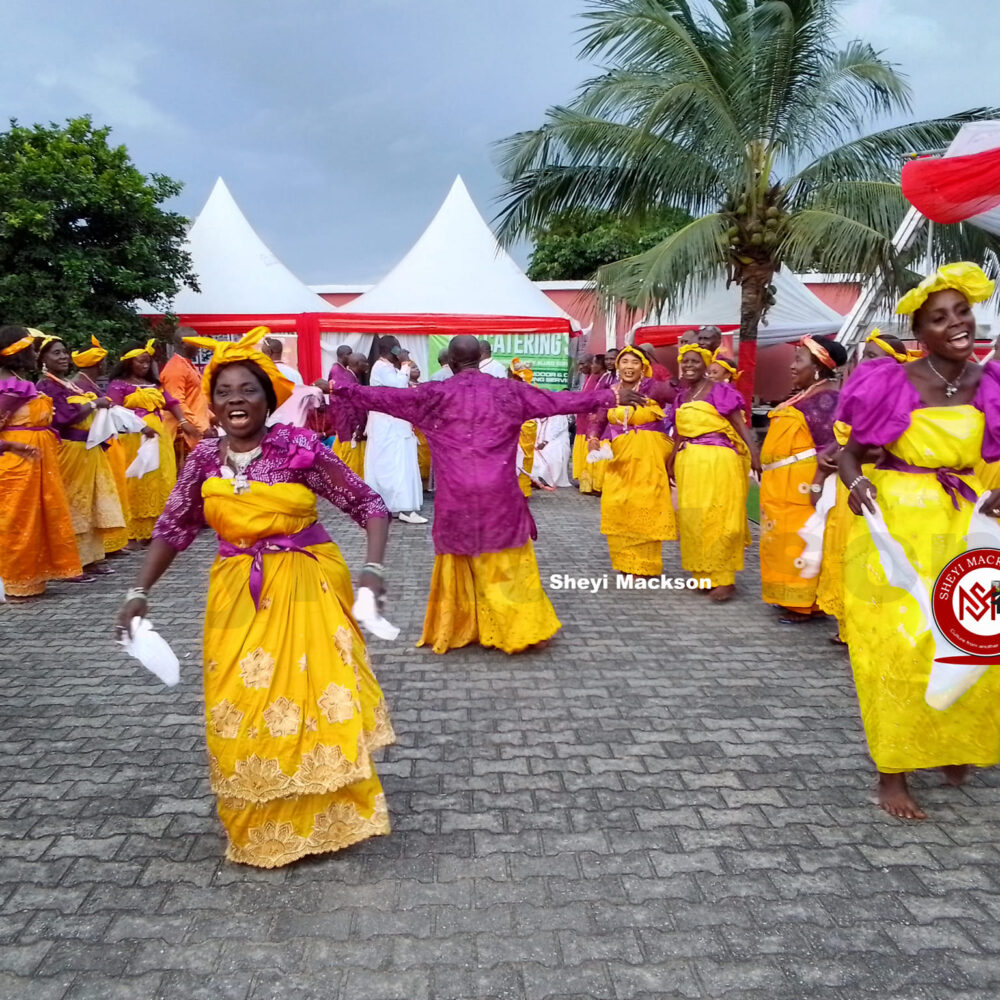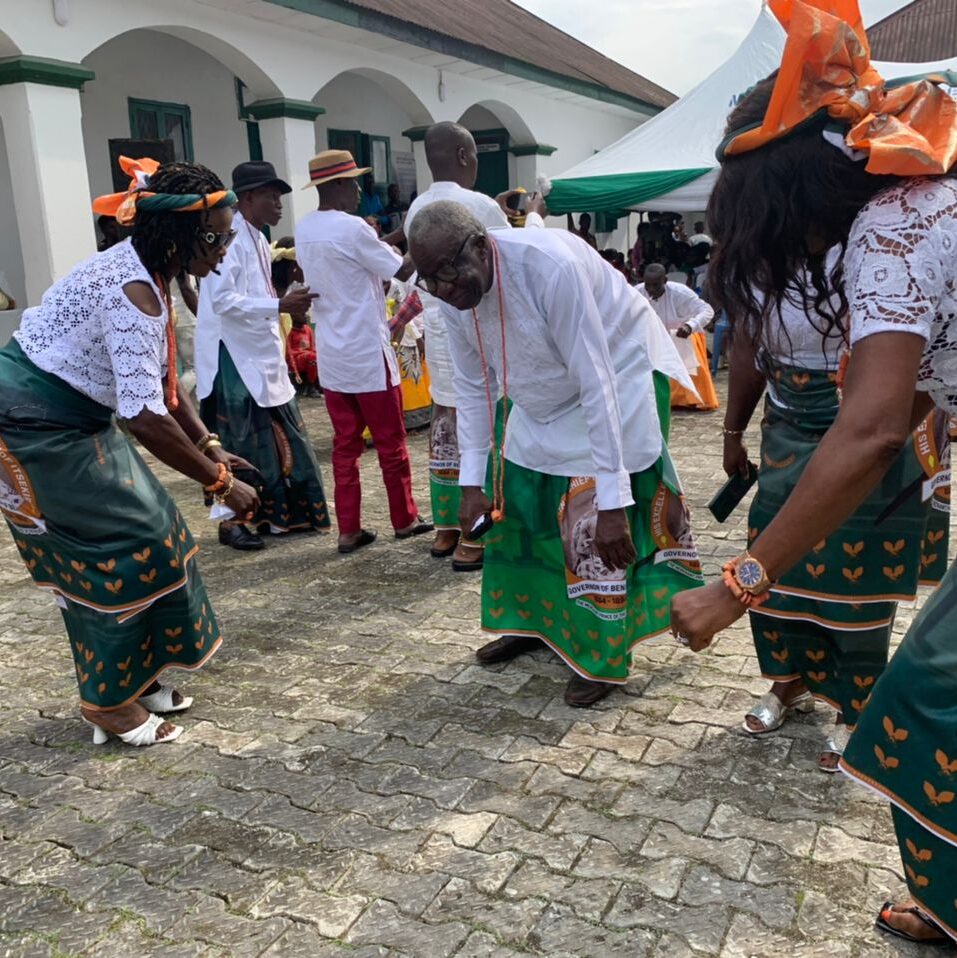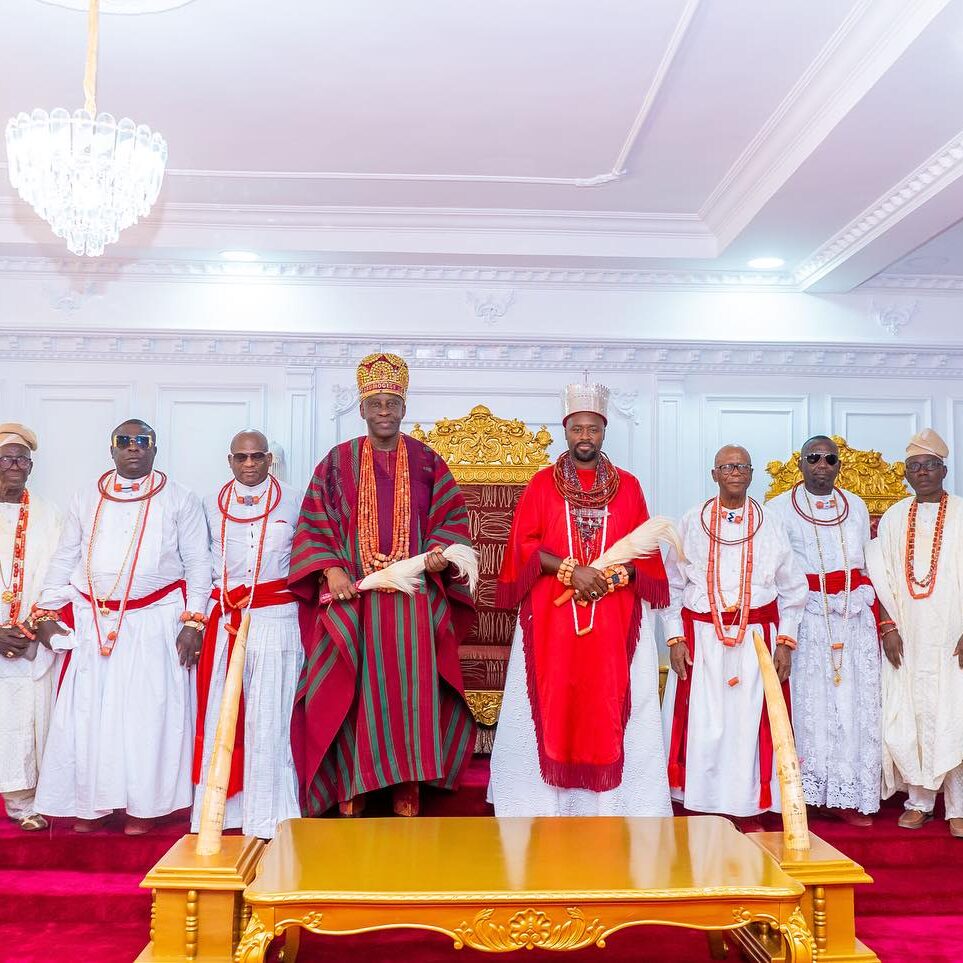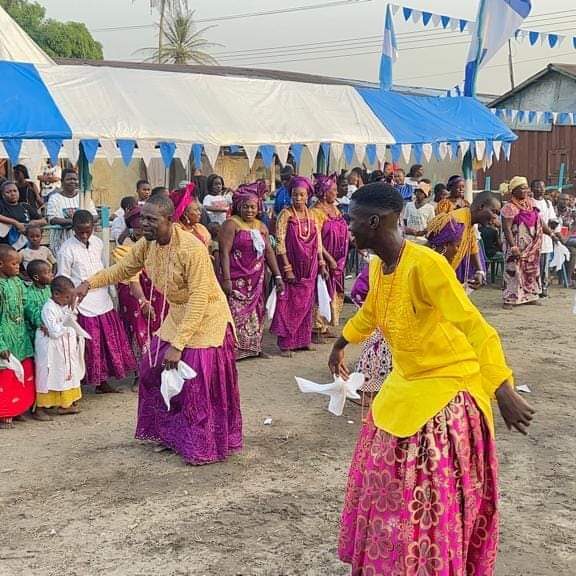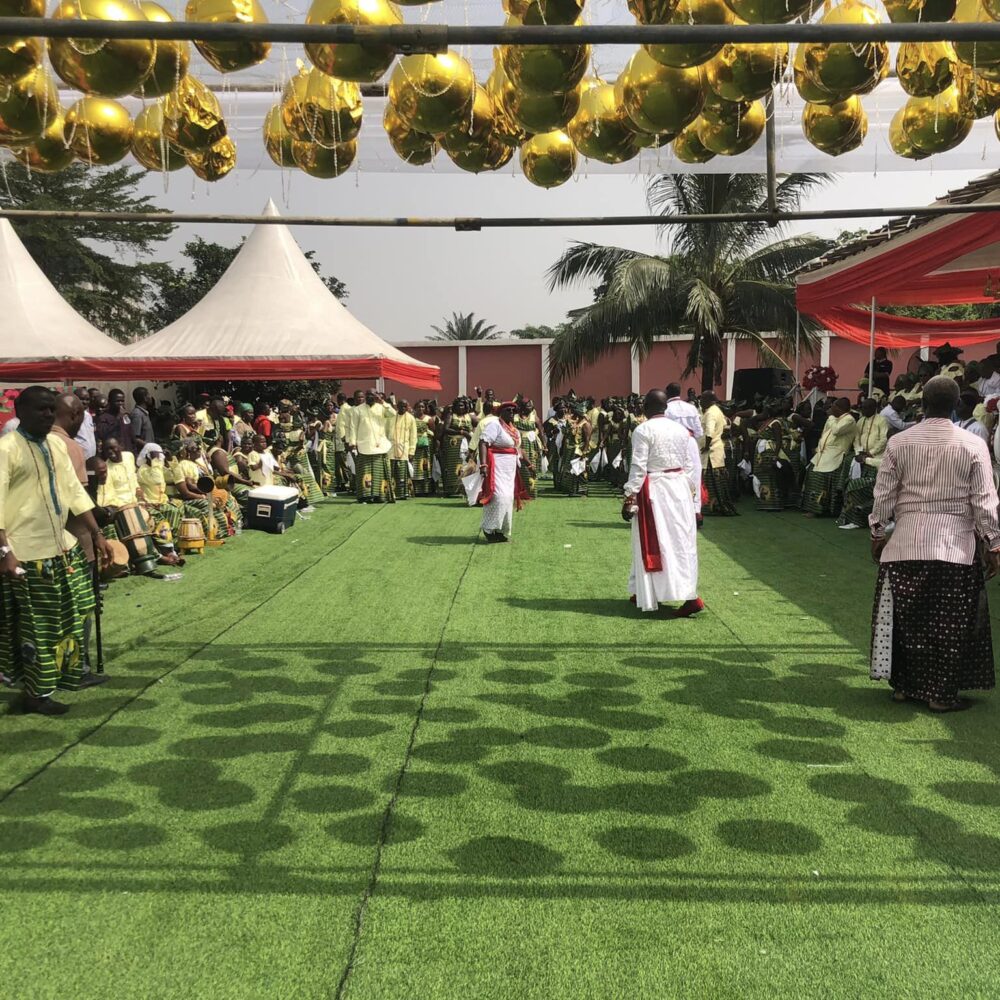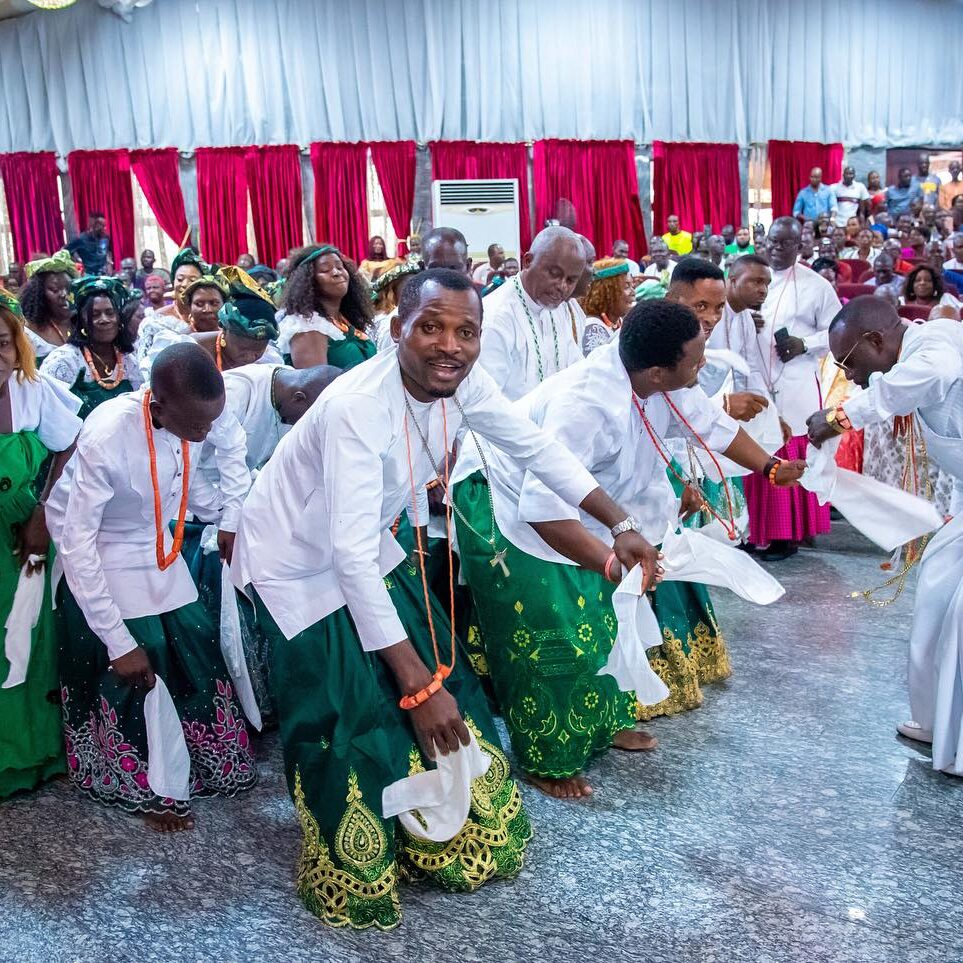THE ITSEKIRIS
Who are the Itsekiris?
The Itsekiri (also called Jekri, Iṣekiri, Ijekiri or Ishekiri) are a peculiar and unique riverine ethnic group currently numbering close to a million people in Nigeria and a little above a hundred thousand in the Diaspora.
Obaro Ikime, a prominent historian described the Itsekiri homeland as follows: “The Itsekiri inhabit the North Western extremity of the Niger Delta in an area bounded approximately by latitudes 50 20 and 60 N and longitudes 50 5 and 50 40 East.
According to oral tradition, in several waves of migration before the 15th Century, and some a little later, groups from Igala in Nupe country came in through the creeks; Yoruba from Ijebu-ode, Akure, and Owo found their way into parts of Iwẹrẹland and a group from Aboh also came in. Some along the coast came in through Gulani/Amatu, all living independently in the various communities.
The Itsekiris traditionally refer to their land as Warri Kingdom or ‘Iwerre’ as its proper name, known over time in history as Iwẹrẹ or Awyri, Warree, Aweri and Wari etc. Their neighbors are Bini to the North, the Ijaw to the South, the Urhobo to the East and the Yoruba of Ondo province to the North-West.”
Long before the 14th century, the Itsekiris lived independently in these aboriginal communities – Irigbo, Inorin, Ureju, Omadino and Ugborodo. They have for long inhabited their homeland, Warri, for centuries before the arrival of the Europeans. Their homeland now spreads accross three Local Government Areas of (Warri South, Warri North and Warri South-West), and parts of Uvwie, Udu, Sapele, Okpe, Ethiope West and Ethiope East Local Government Areas of Delta State. They can also be found in Ikpoba Okha and Ovia North-East Local Government Areas of Edo State.
The Itsekiris are a minority ethnic group in Niger-Delta but they were well-respected by the Europeans who met them during the pre-colonial and colonial era. Dapper in 1668 had described Itsekiri as being in many ways cleverer (Roth H. Ling. Great Benin). Captain Leonard described the Itsekiri thus: “on the Warri and Benin rivers we find the itsekiri middle men who are not only the most intelligent and tractable but quite the best mannered of all the tribes in the lower Niger’ (southern Nigeria) (Captain Leonard 1906).
Olu Erejuwa, who reigned from about 1720 to 1800, expanded Warri politically and commercially, The coastal location of the kingdom and accessible waterways and rivers did not only lead to the early contacts of the Itsekiri with medieval Europe, especially Portugal and foster a conservative Christian education and civilization, but it led to her significant prosperity between the sixteenth and nineteenth centuries as trade with neighboring ethnic groups and Europeans flourished.
Language
The Itsekiri are a people of mixed ethnic origins who speak a language very closely related to the Yoruba and Igala languages of South Western and central Nigeria, but which has also borrowed some vocabulary, particularly loan words from the Edo (Bini) language in some royal terminologies; Portuguese in trade terminologies and also more recently, English. Although linguistically related to the Yoruba and Igala ethnic groups, however, through centuries of intermingling modern day Itsekiris are of mixed ethnic origins. Iṣekiri is spoken in the three Warri Local Government Areas, parts of Uvwie, Udu, Sapele, Okpe, Ethiope West and Ethiope East Local Government Areas of Delta State. It is also spoken in parts of Ikpoba Okha and Ovia North-East Local Government Areas of Edo State.
Population
The Itsekiri people currently number around two million nine hundred thousand (2.9 million). They are scattered around the world with their main base being the Communities that make up Warri Kingdom.
Itsekiri People’s dressing
Traditionally, Itsekiri men wear long-sleeved shirts called Kemeje over a George wrapper and long coral beads call Okun or chain of gold or silver hanging from their neck toward their waist and hat called Ekoro adorned with the feather of a peacock. The women wear George wrapper and depending on the occasion, either have the wrapper tied on their chest or it is worn with a sleeveless blouse with head gear called Ulesun tied knotted on their head and another as a belt around their waist and on their hands two white handkerchief and a colourful sister called Otusi.
Religions practiced in Warri Kingdom
From time immemorial, Itsekiris have been known to practice different religions. A good number of Itsekiris were traditional worshippers at the formation of the Kingdom. When the Portuguese came to Warri Kingdom many years ago, the Itsekiris adopted Christianity and practised this alongside the traditional worshipping of the different deities. This continued for many years before some of them became full time Christians and others remained as traditional worshippers.
Prior to the arrival of the Europeans, Itsekiris believe in God as the Creator and Supreme Being known as “Oritse”. The deity Umalokun in Itsekiri, is the provider of sea foods. Today, Itsekiris are mainly Christians (Protestants, Pentecostants and Roman Catholics).
The first ever church monastery built in what is referred today as modern day Nigeria was erected in Big Warri (Ode-ltsekiri) before 1700 and was christened Saint Anthony. However, today the site is known as Satonẹ, a local portmanteau of “Saint Anthony”.
Having six centuries of direct cultural exposure to Western Christianity and other African influences, contemporary Itsekiri language and culture successfully evolved into a hybrid of the many cultures that have influenced its development.
Interestingly, there are still Itsekiris practising both religions. There are also some Itsekiris who have now started practising Islam. A very notable Itsekiri Pastor is Pastor Ayo Oritsejafor, who was Pentecostal Fellowship of Nigeria President twice and also the Christian Association of Nigeria President twice.



